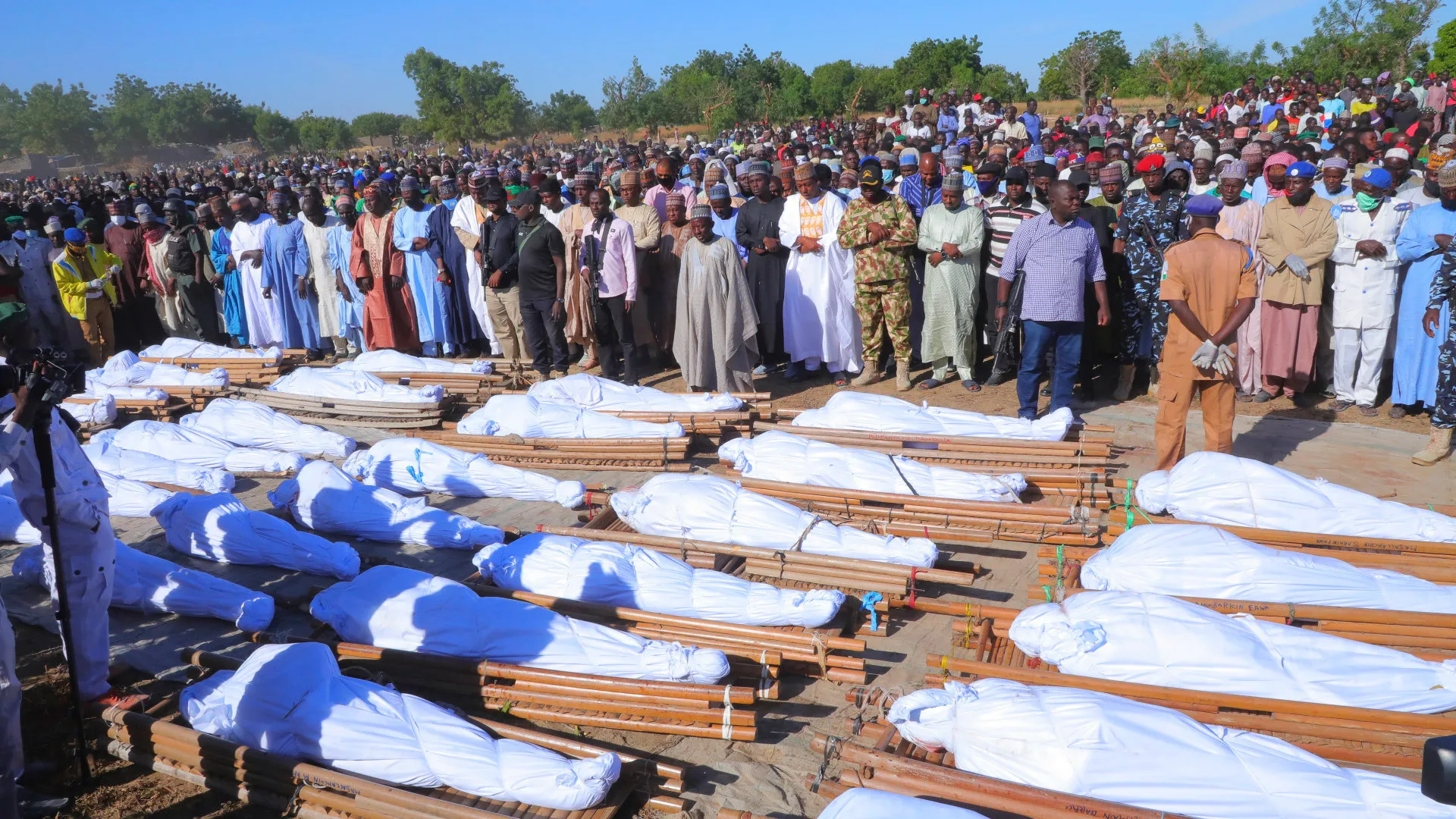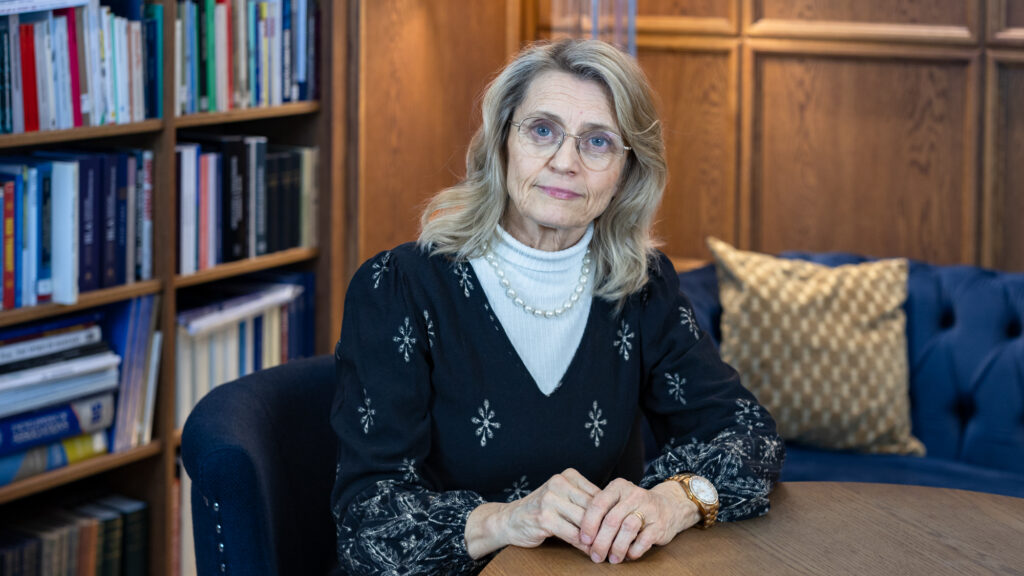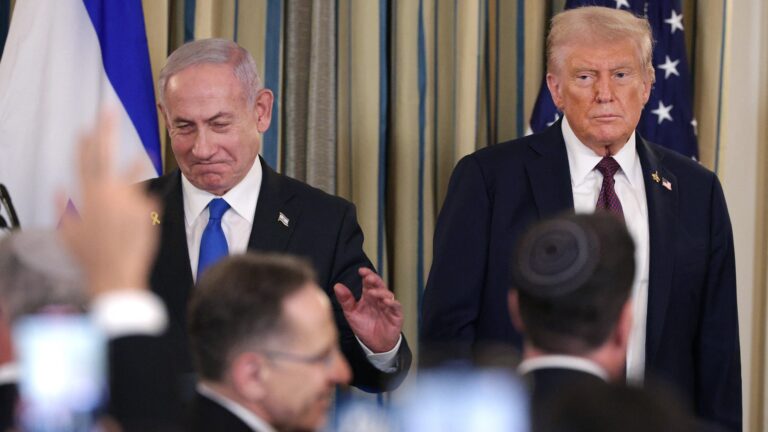On November 10, Boko Haram insurgents killed at least two people and abducted over a dozen fishermen in Kukawa Local Government Area of Borno State. The attack occurred in the remote village of Malamyawri, Cross Kawu ward, near Lake Chad.
As of the end of last year, over 50,000 Christians have been killed in Nigeria since the outbreak of the Boko Haram—literally means ‘Western education is forbidden’—insurgency in 2009, a 2024 report published by a Nigerian non-governmental organization has revealed. In the same period 18,000 Christian churches and 2,200 Christian schools were set ablaze. Approximately 34,000 moderate Muslims also died in Islamist attacks.
Aside from a rare or every-now-and-then post, hardly anyone in the mainstream media—this goes for our politicians too—speaks to us about the Christian genocide in Nigeria at the hands of Islamic fundamentalists. While Western politicians and certain of our own Catholic hierarchy are reticent, to say the least, to publicly speak about this—such silence is not only scandalous but inadvertently contributes to the persecution—our Catholic brothers and sisters are being slaughtered.
In 2019, I had the opportunity to visit the persecuted Christians in the Catholic Diocese of Maiduguri, (Borno State). As I traveled through the mostly 51,000 square mile terrain, in the outskirts of the city of Maiduguri, I was able to witness the plight of our Christian brethren. One of those was when I spent some time speaking and praying with a woman named Yohanna whose husband had been kidnapped by Boko Haram jihadists just two days prior. She was very much comforted by the parishioners of her parish of Saint Augustine, who were praying and fasting and hoping against hope that he would be released. Regrettably, just hours after spending some time with her, the husband’s dead body was found in pieces. Like Fr. Offu’s murder in 2019, this is just one of many tragic stories that go virtually unreported.


Another tragic story was of Rebecca, a woman who was kidnapped by Boko Haram and taken to Chad. For three years she was made a slave to the militants and raped by four different men; she became pregnant and had to deliver her son by herself since her assailants did not care for her anymore. During a bombardment, she managed to escape and walked for twenty-eight days with her newborn son through desolate terrain back to Nigeria (she had lost a young boy prior after he had been forcefully drowned by the militants). Initially, her husband did not wish to accept the boy since it was not his. The Bishop of Maiduguri, the Most Reverend Oliver Dashe Doeme, assumed him as a ‘son’ of the diocese; he was baptized on Christmas Day with the name Christopher. The bishop eventually convinced Rebecca’s husband to accept Christopher.
A reason why the Islamic insurgency is constant, as it is today with that of Hamas and Hezbollah, is due to the constant recruiting and indoctrination of the youth, as with the Almajiri boys.
Derived from the word hajarah (to flee one’s country, to migrate, to emigrate), these boys are supposed to be ‘knowledge’ seekers as commanded by Allah in the Quran:
‘And whoever emigrates for the cause of Allah will find on the earth many [alternative] locations and abundance. And whoever leaves his home as an emigrant to Allah and His Messenger and then death overtakes him—his reward has already become incumbent upon Allah.’ — Sura, 4, 100
For many families, the Almajiri educational system offers an alternative to sending their children to a state school which costs money. Most of the religious schools provide free tuition. But the Almajiri pupils have to take care of their own daily needs, which is why many of them go begging when they do not have to be in the classroom. While it is difficult to decipher the exact number of Almajiri children in Nigeria, some estimates put it at about 10 million, or about 81 per cent of the more than 10 million out-of-school children in the country.

Many of these boys concede to the strongest wind that blows: street violence, child trafficking, diseases, or hunger. Those who manage to resist ultimately undertake menial jobs with very limited future perspectives as they emerge from the system as unskilled workers. Critics, both from Nigeria and abroad, say the young Almajiri pupils—and I encountered numerous of them—who wander through the streets and seek religious orientation are ideal recruits for extremists.
Some of the visible and practical forms of persecution and challenges that Christians have had to live with for decades include:
- denial of Christian religious curricula in the primary and secondary levels. Instead they are forced to study Islam;
- denial of jobs and promotion in government-owned companies’
- political exclusion and denial of political office; and
- forceful abduction and marriage for Christian girls.
On the positive side, one of the things that made an incredible impression upon me, taking into consideration the dangerous situation for these people, was their resilience in their faith. Everywhere I went I did not meet a single Nigerian Catholic without a smile. And yet while their children attend open-air and dirt-pavement schools, and they worship in bombarded and undergoing-reconstruction churches, and without a safe and stable place to live, they continue to bear an incredible testimony to the Catholic faith.


It is true that the world is captivated, and rightly so, by the number of Palestinians killed, injured, and displaced in Gaza, or to a lesser extent, the crimes being committed against innocent civilians in Sudan as a result of the civil war. Yet let us not forget our brethren in Nigeria, either!
Related articles:







